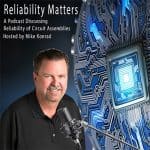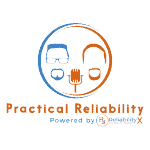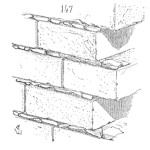
A Conversation with Brian D’Amico about AOI and SPI Best Practices
My conversation with Automated Optical Inspection (AOI) and Solder Paste Inspection (SPI) system supplier Brian D’Amico covers AOI and SPI best practices. Modern circuit assemblies are difficult, if not impossible, to inspect without the aid of advanced inspection systems. Brian has been in the electronic assembly equipment industry for thirty six years. His knowledge (and passion) for inspection technology is truly impressive.









 Ask a question or send along a comment.
Please login to view and use the contact form.
Ask a question or send along a comment.
Please login to view and use the contact form.